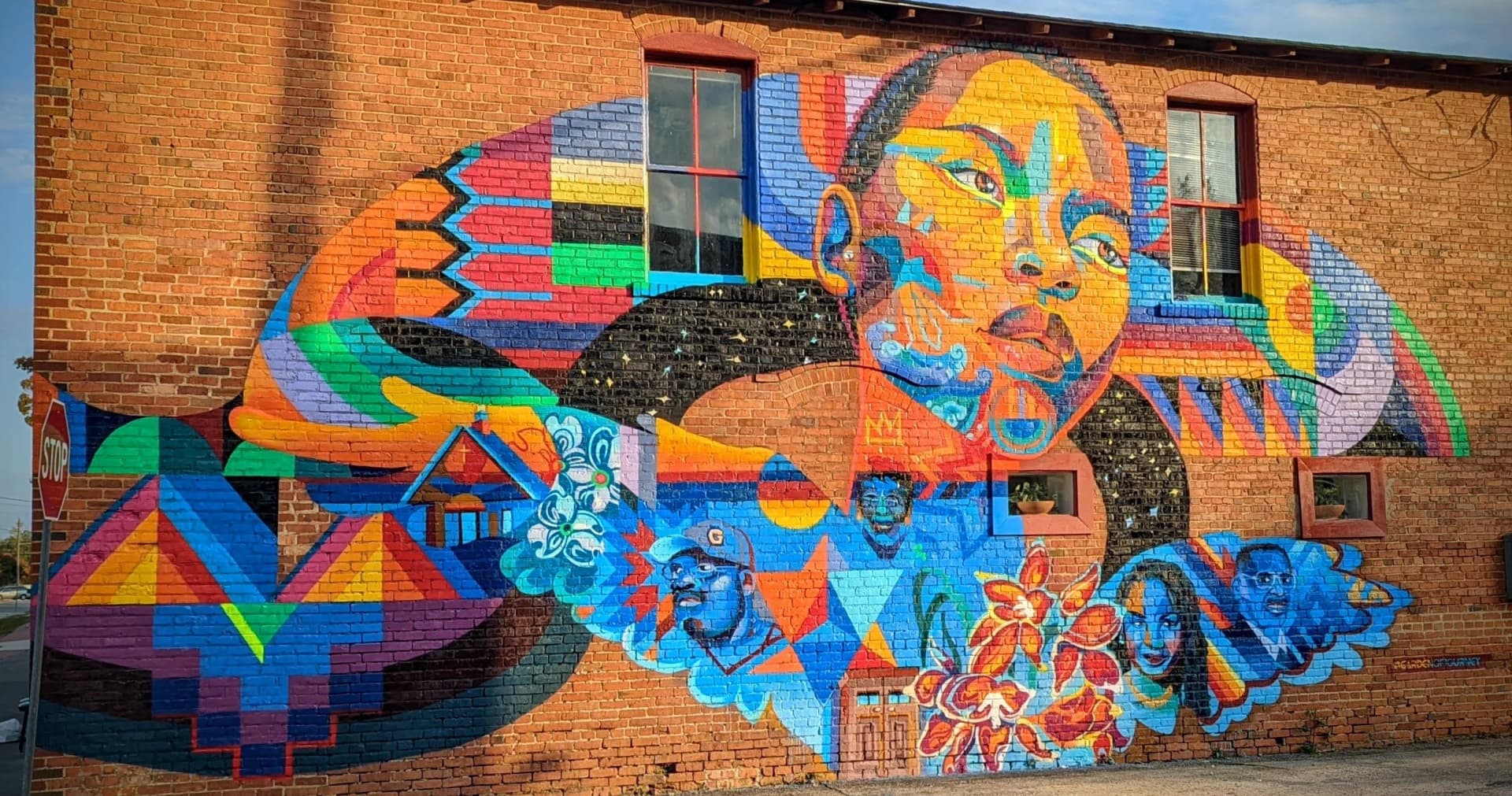Storytelling Festival Brings Live Music and Stories to Cary
The Old North State Storytelling Festival staged multiple showcases at The Cary Theater during the Nov. 7 weekend, featuring a lineup of regional storytellers and live music. The event matters to Wake County residents because it fosters community connection, supports local artists, and raises questions about access and cultural funding in our county.
Listen to Article
Click play to generate audio

The Old North State Storytelling Festival, presented over the Nov. 7 weekend at The Cary Theater, offered Wake County audiences an evening and afternoon of live storytelling and music. The two day program featured storytellers Tim Lowry, Peg Helminski, Rev. Robert B. Jones, Motoko, Paul Strickland, and Milbre Burch, who also served as emcee. The event listing for the festival included show times, venue details and ticketing information, and promised different stories at each performance to encourage repeat attendance.
Held at The Cary Theater, 122 E Chatham St, the festival brought an intimate theatrical experience to downtown Cary. Multiple showcases were scheduled across Friday and Saturday, allowing residents with varied schedules to attend. The format emphasized spoken word performance supported by musical accompaniment, a tradition that connects local audiences to regional voices and oral history practices.
For audience members the immediate benefits are social and emotional. Storytelling events can reduce isolation, create shared experience and provide a low barrier way to engage with the arts. For older adults, young people and caregivers, accessible performances in a familiar neighborhood venue can be an important source of mental wellbeing and cultural enrichment. The festival also offered opportunities for local businesses near downtown Cary, because arts attendees often support restaurants and shops before and after shows.
At the same time the event highlights systemic issues around cultural equity and arts funding in Wake County. Ticketing information was provided by the organizers, but admission cost, accessible pricing and availability of subsidized seats matter when evaluating who can participate in local arts offerings. Public investment and nonprofit support shape whether events like this reach communities that have historically been excluded from cultural programming. Pay and working conditions for performing artists are part of the broader conversation about sustaining a vibrant arts ecosystem in the county.
Public health considerations also play a role in planning live events. Organizers and venues must balance the community value of in person gatherings with the need for inclusive access, adequate seating for people with mobility needs, clear information about entry and safety protocols, and transportation options for residents who rely on public transit. Ensuring that arts spaces are welcoming to all incomes, ages and abilities strengthens community resilience.
As Wake County continues to grow, maintaining a diverse cultural calendar requires attention to policy choices that prioritize equitable access, artist support and neighborhood level benefits. Festivals like the Old North State Storytelling Festival demonstrate the power of live performance to bring people together, while also underscoring the work needed to make that power available to everyone in the community.


